Battery Technology
-
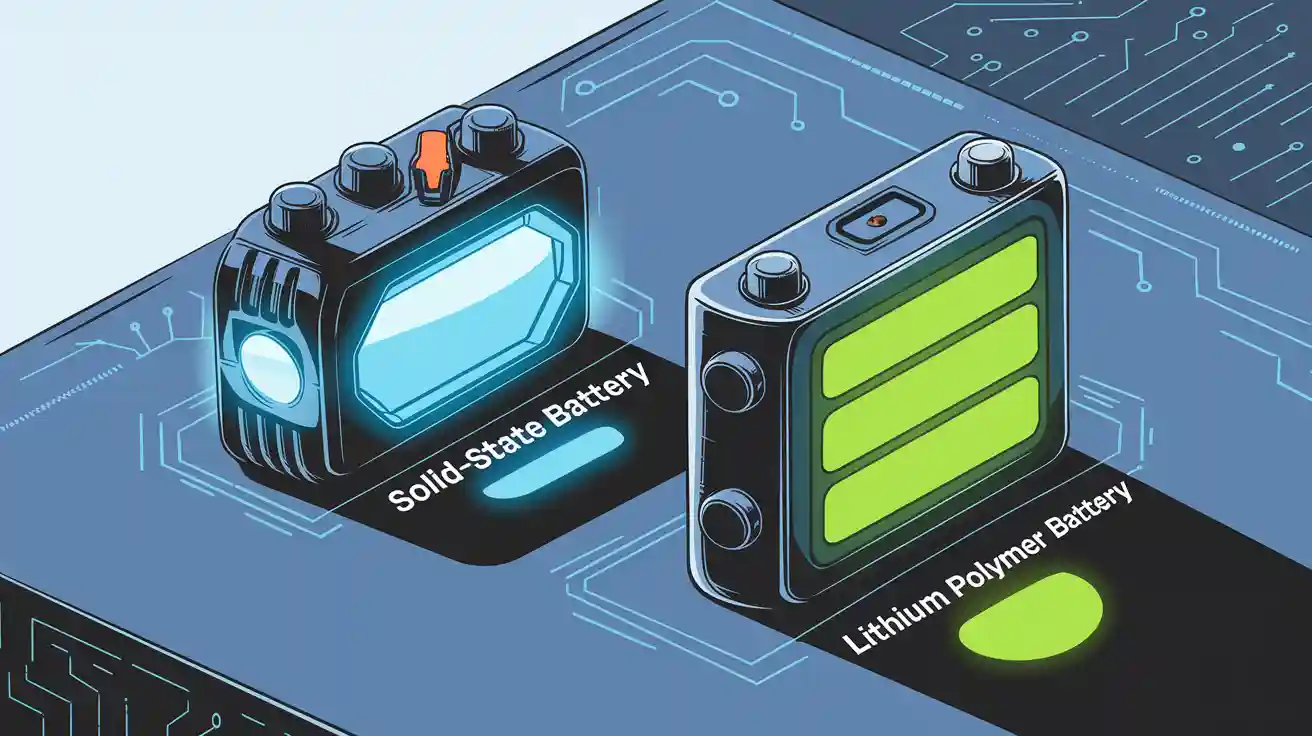
Solid-State Batteries vs. Lithium Polymer Batteries: Choosing the Best Option
When selecting a battery type, you may face the choice between solid-state batteries and lithium polymer batteries. Both have their own strengths in……Read more -

A Comprehensive Guide to How MOSFETs Work and Their Uses
A MOSFET, or Metal-Oxide-Semiconductor Field-Effect Transistor, is a cornerstone of modern electronics. Its ability to control electrical current wi……Read more -
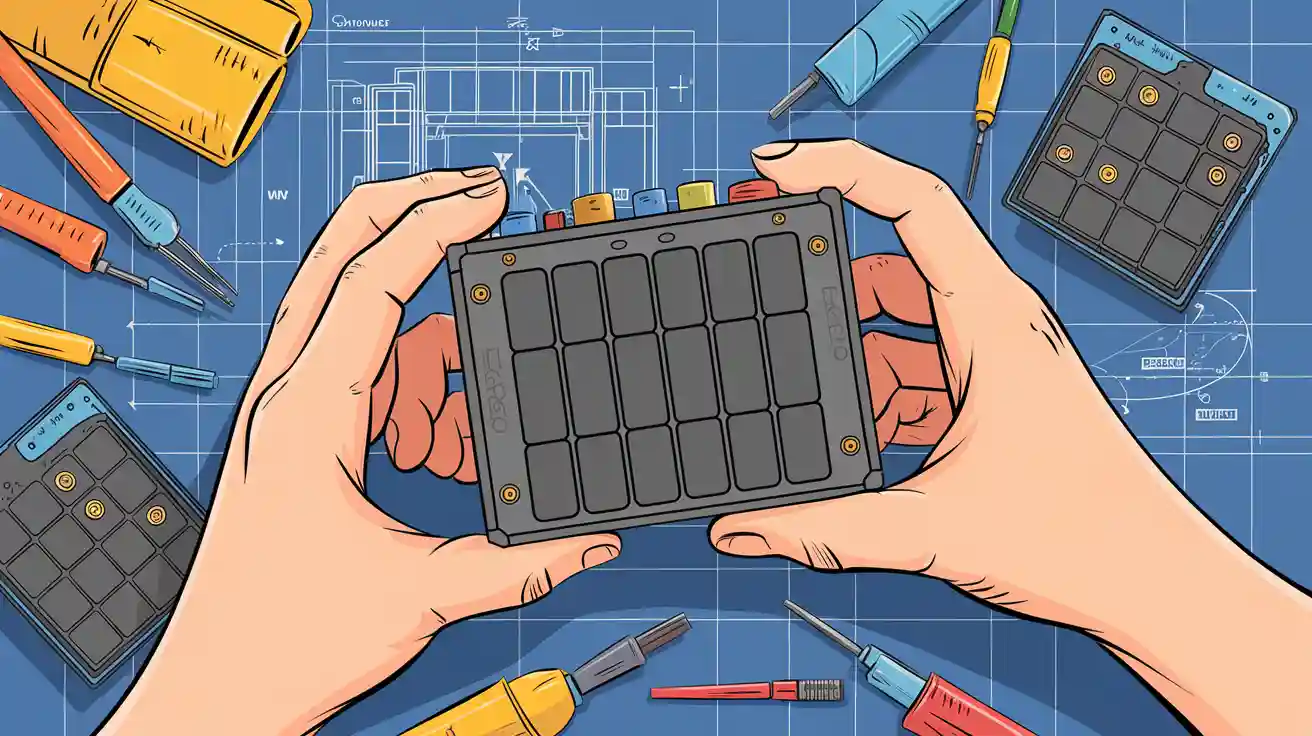
How to Choose the Right Battery Housing for Your Needs
Battery housing plays a vital role in protecting your energy storage systems. It shields batteries from external damage, enhances performance, and ensure……Read more -

What Does Ah Mean in Lithium Batteries
The term “Ah,” short for amp-hour, represents the capacity of a battery to store and deliver electrical energy. It indicates how much current……Read more -

Understanding C-Rate in Batteries and Its Importance
C Mean in Batteries refers to the C-rate, which measures the rate at which a battery charges or discharges relative to its capacity. For instance, a 100 A……Read more -
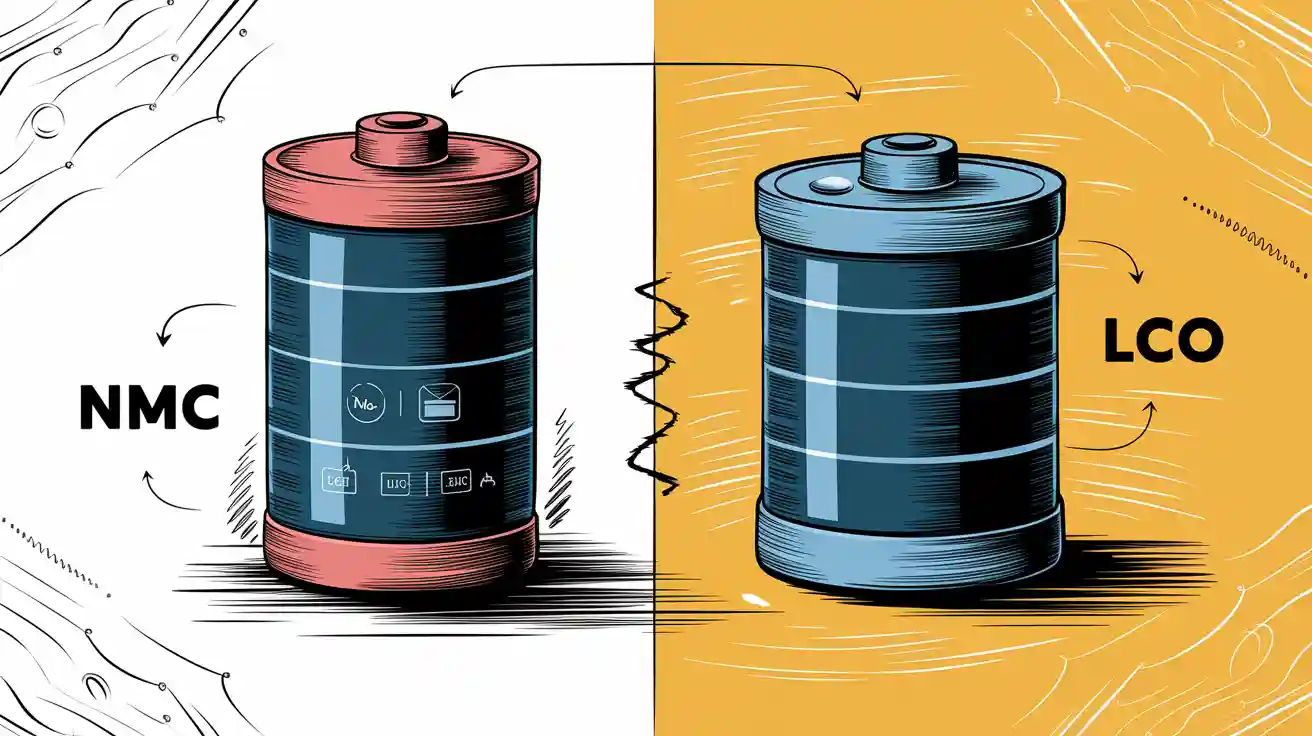
Key Differences Between NMC and LCO Battery
In the comparison between NMC and LCO battery technologies, the differences in chemical properties and performance are significant. NMC batteries use a te……Read more -
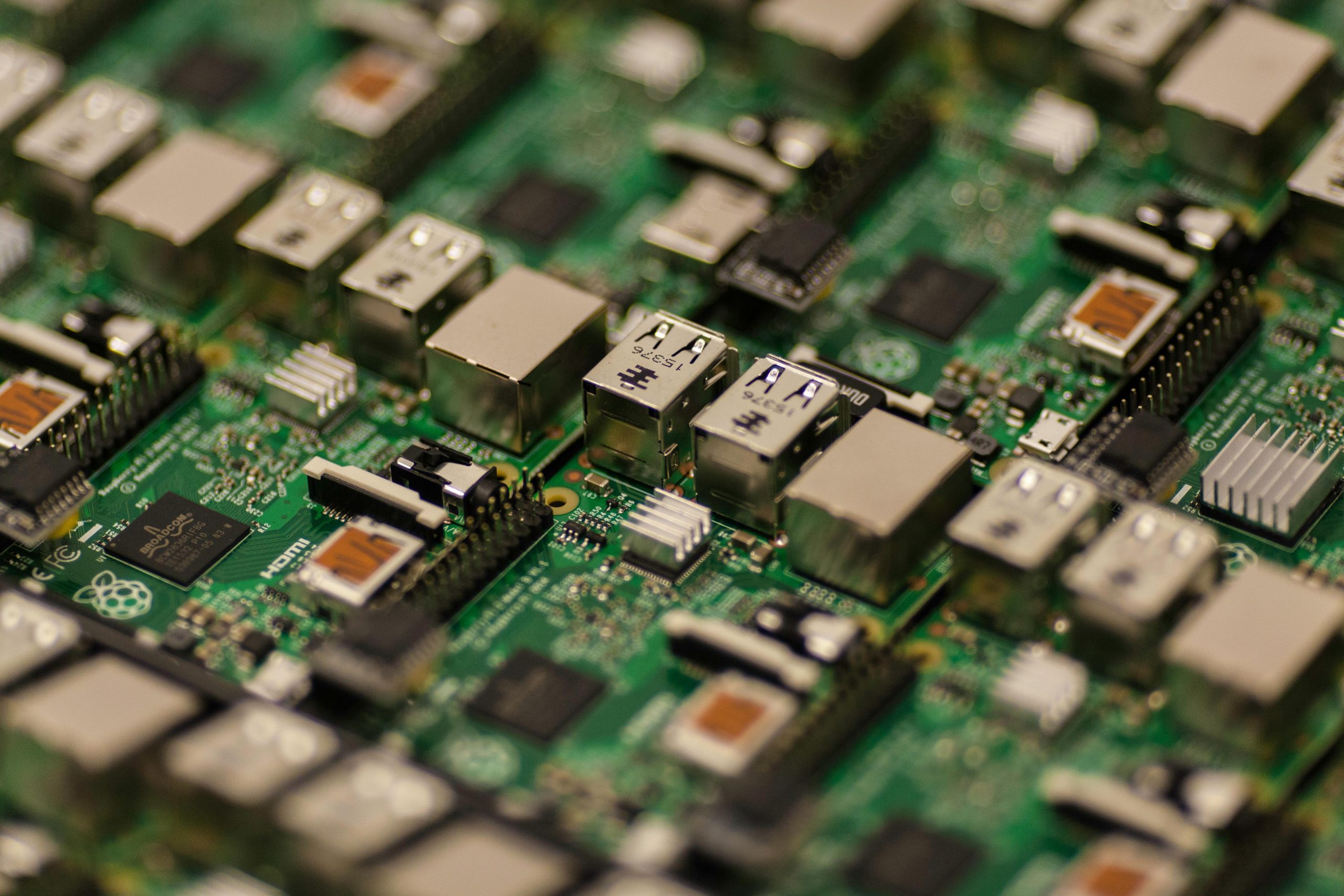
How to Test a Lithium-Ion Battery Using Practical Steps
Testing lithium-ion batteries is essential for ensuring their safety and reliability. Regular battery testing helps prevent unexpected failures, overhe……Read more -
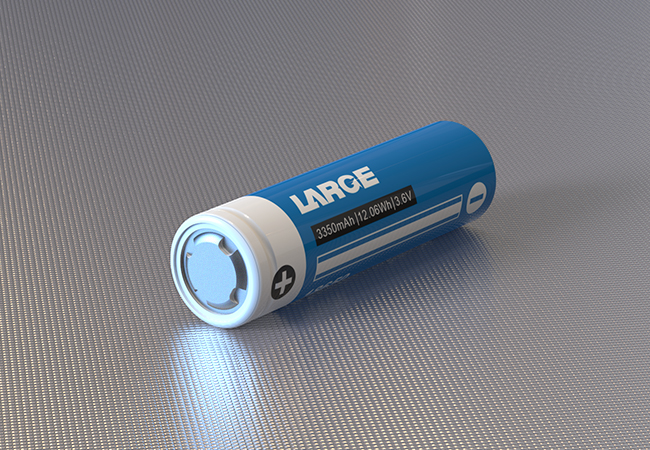
How Long Does a 3.7V Lithium-Ion Cell Typically Last
A 3.7V lithium-ion cell typically offers a lifespan of 2 to 3 years or 300 to 1,000 charge cycles. Manufacturers estimate that most cells retain about 80% of……Read more -
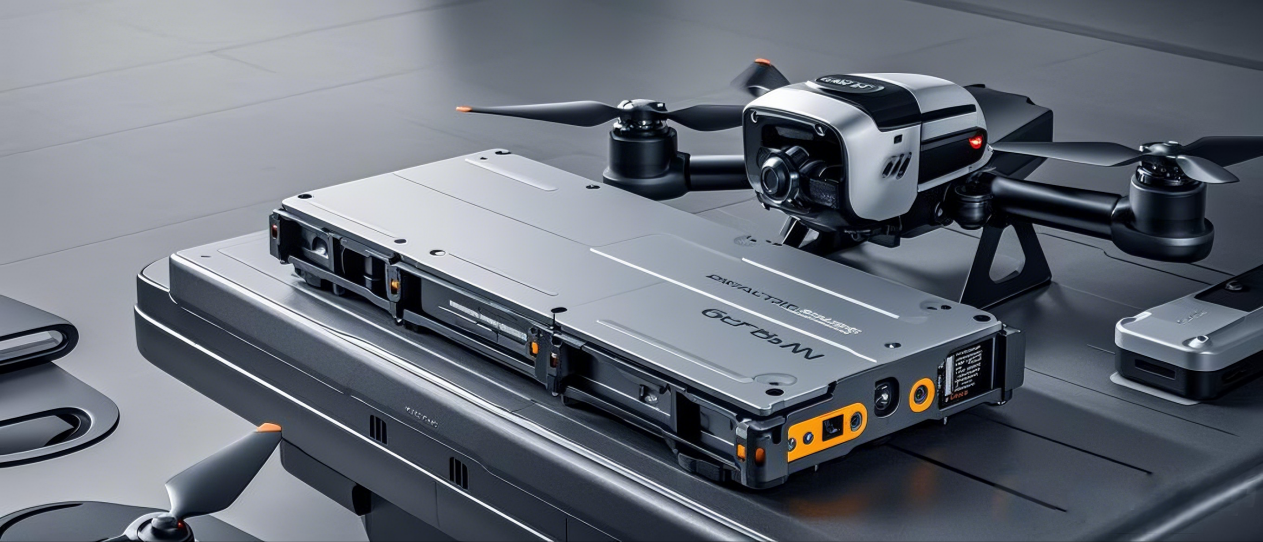
What is the Energy Density of Lithium-Ion Batteries
Energy density measures how much energy a battery stores relative to its weight or volume, and it directly impacts battery performance, influencing how long ……Read more -
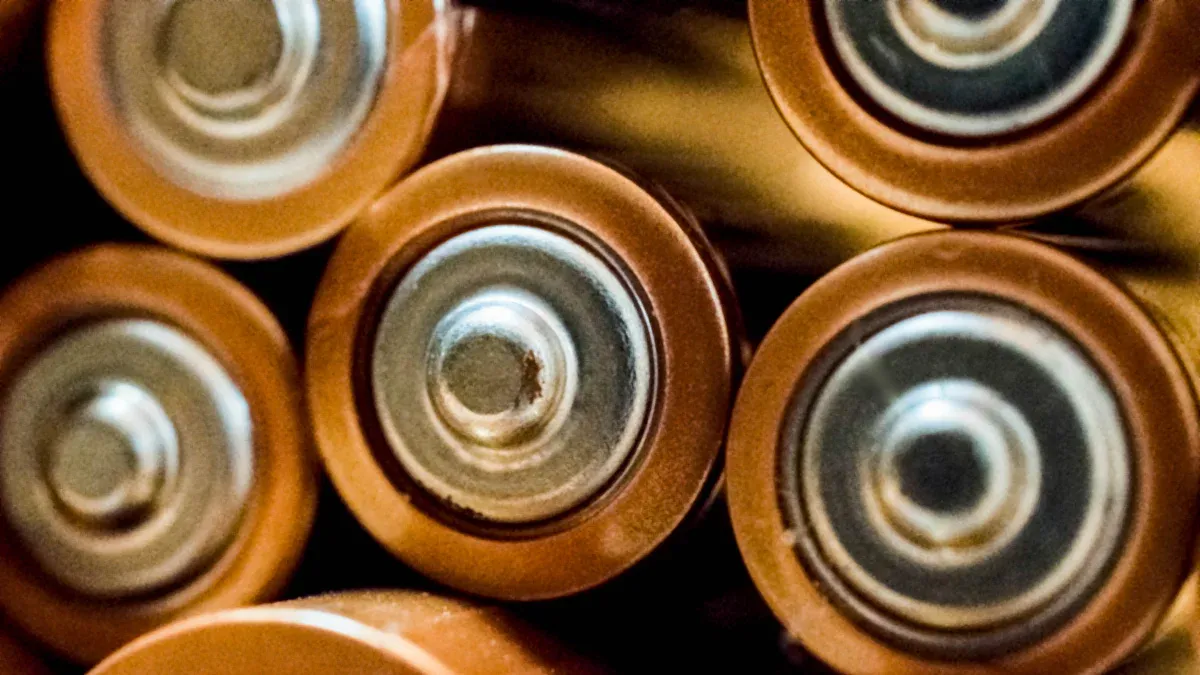
Understanding the Differences Between Cylindrical, Pouch and Prismatic Cells
Choosing the right lithium battery cell impacts performance, cost and safety. Cylindrical cells have a stable structure and offer relatively high energy dens……Read more -
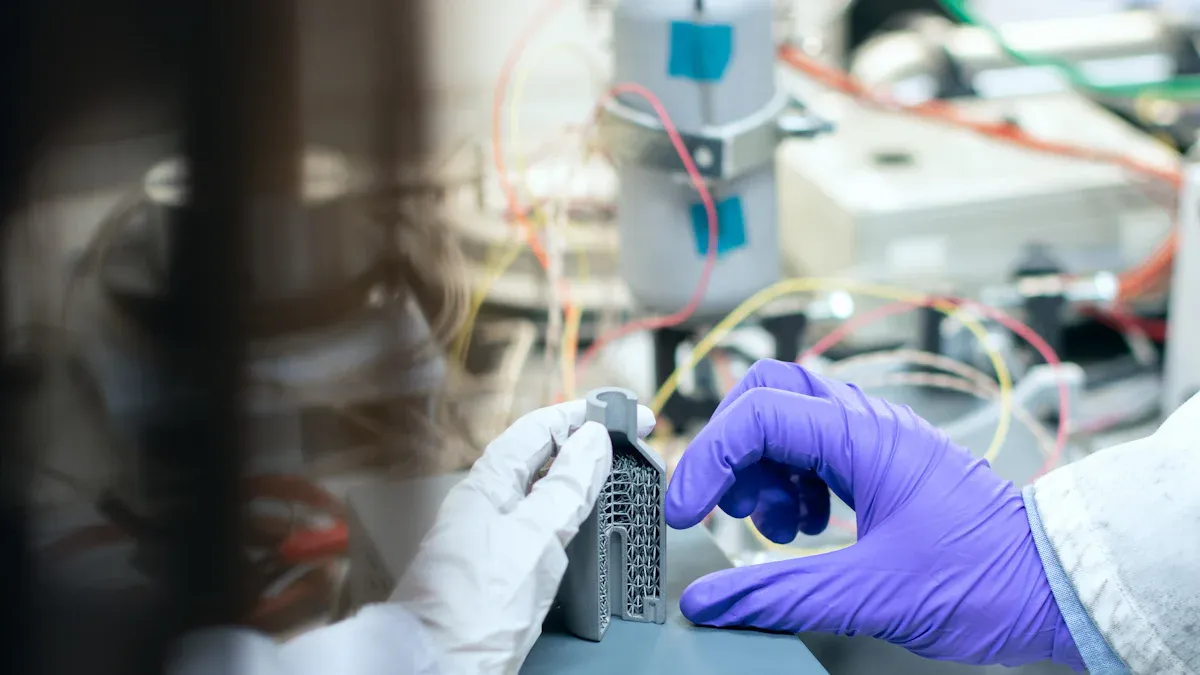
What materials are used in lithium-ion batteries
Lithium-ion batteries are crafted through a meticulous process that combines specific materials such as lithium, cobalt, nickel, manganese, and graphit……Read more -
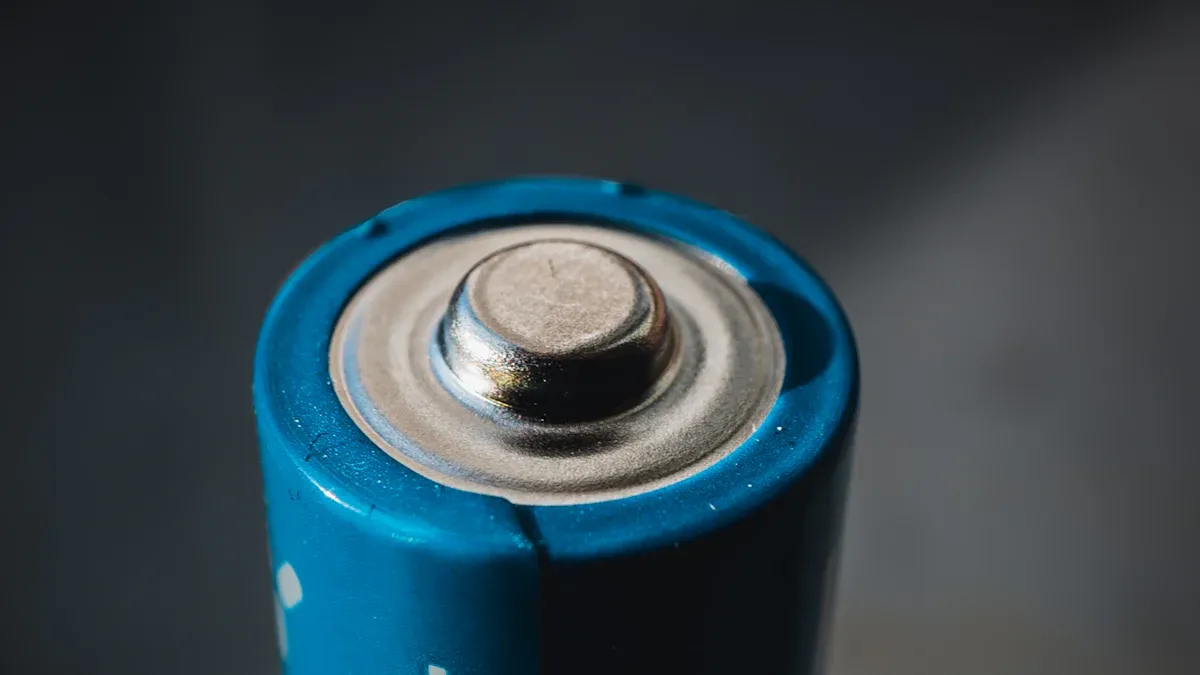
A Comprehensive Guide to Lithium Battery Types and Their Uses
Lithium batteries power countless devices and systems, from portable devices to renewable energy storage. Understanding the types of lithium battery is essen……Read more



